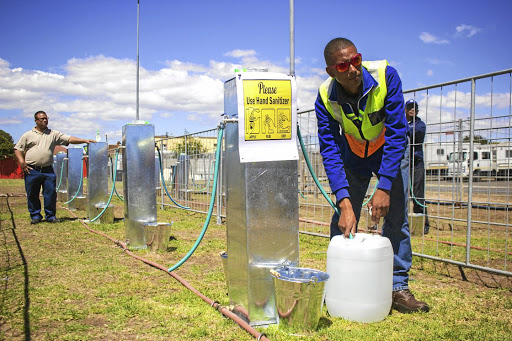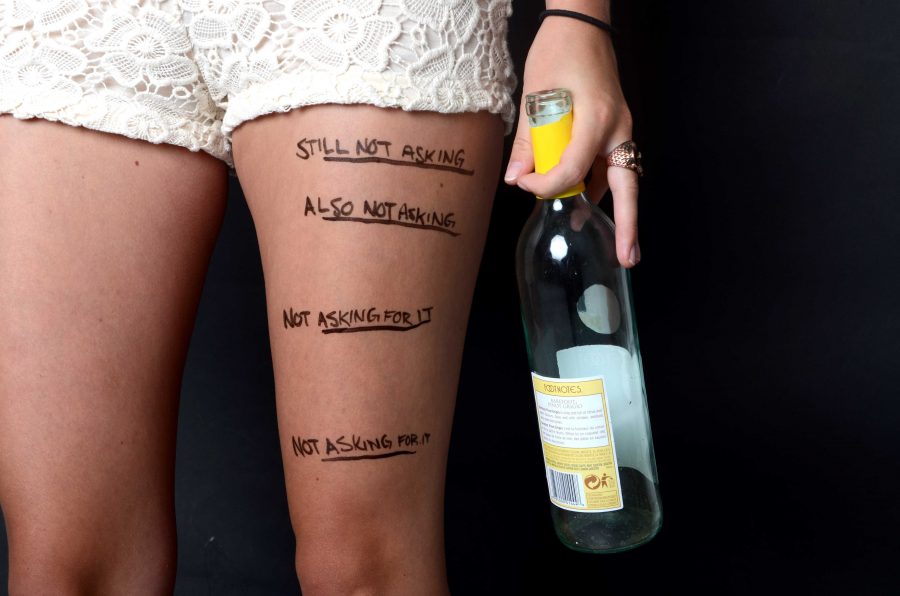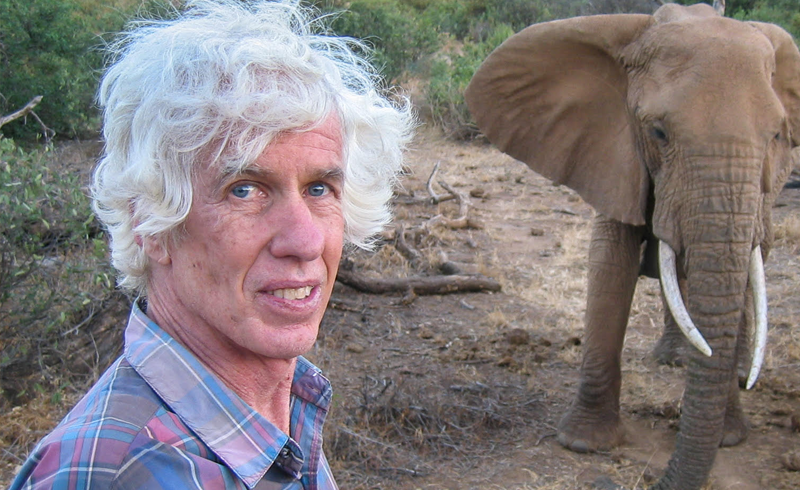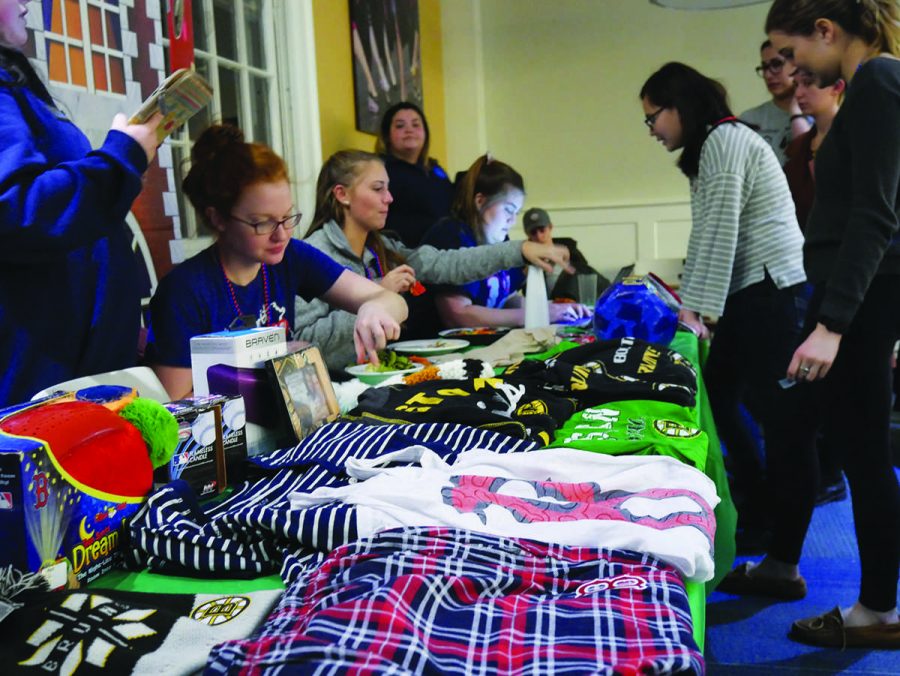Hannah Green
Staff Writer

In recent months, news of rising waters and tropical storms overwhelmed western flood barriers as well as news channels. But in Cape Town, South Africa, water is in short supply.
Cape Town is expected to become the first major world city to run out of water. The crisis was officially classified as a national disaster by the South African government on Feb. 13. Expert Kevin Winter, a lecturer in Environmental and Geographical Sciences at the University of Cape Town, explained in an interview with the news platform Ground Up that the crisis is due largely to population growth, drought, and climate change.
Day Zero, the day Cape Town will officially run out of water, was projected for June 4 at the time of this publication. After this date, city water will be shut off and residents will have to receive water from 200 designated pick-up areas. This date was recently delayed thanks to the efforts of the agricultural sector and Cape Town residents.
To further extend Day Zero, the provincial government is restricting water usage to 50 liters per person per day. Consider typical daily habits: the average American shower uses 65.1 liters. The Institute of Medicine recommends that you drink an average of 2.7-3.7 liters a day. A high-end washing machine can use up to 90 liters of water per cycle.
With just 50 liters a day, residents of Cape Town have gotten creative with saving water. Soapy water from showers are collected and used to flush toilets. Residents line up at local mountain springs to fill jugs. Signs in bathrooms read, “If it’s yellow let it mellow,” and the Cape Town International Airport has replaced all sinks and soap with hand sanitizer dispensers.
Hotels and other vacation destinations are also required to comply with city water restrictions. Travelers are advised to buy bottled water and use water sparingly while in Cape Town, but most activities remain unaffected by the drought.
Efforts are also being made to import water from locations across South Africa and the African continent. Desalination has also begun to convert seawater to drinking water. For now, residents will continue to await rainfall and conserve water in an effort to alleviate Day Zero.




















